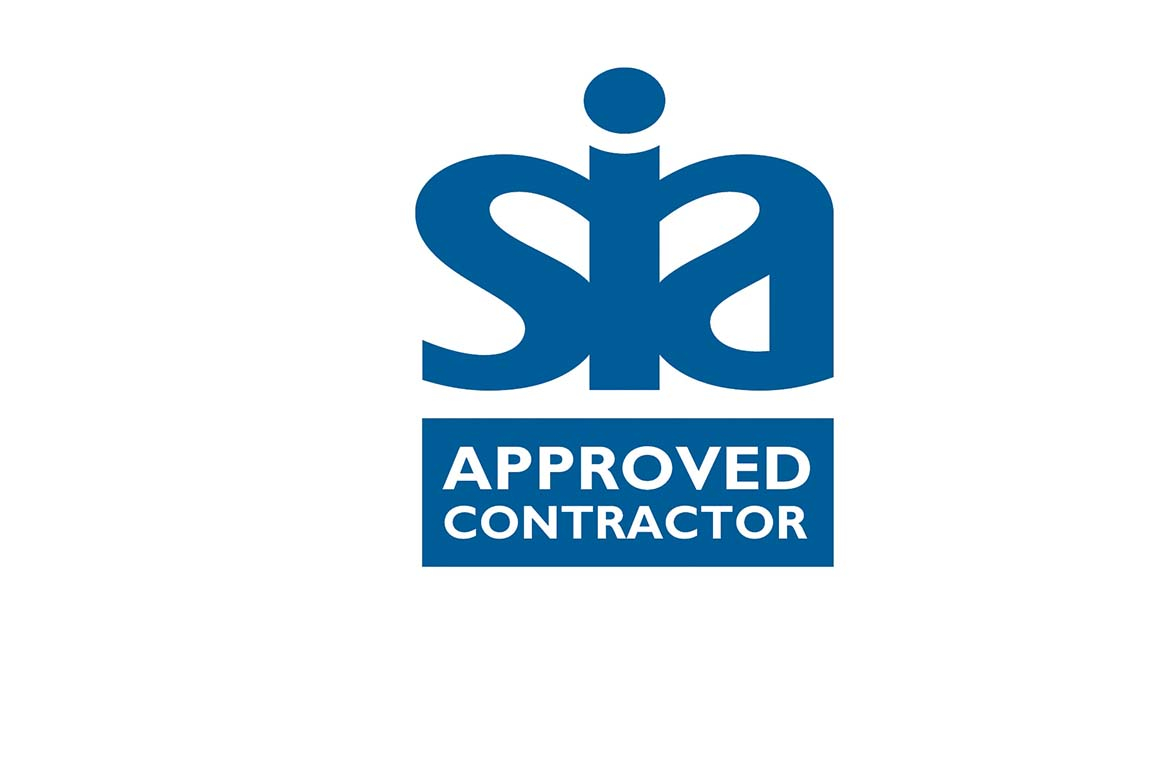Why regulating private security is crucial for the future of the industry
Earlier in 2014 the introduction of business licensing was postponed. The Home Office has made clear its continued commitment to a new regulatory regime and the SIA has continued to work closely with the Home Office to clarify the position as soon as possible. Any changes will be subject to at least three months’ notice of their introduction and initial application date and a further six months’ notice of the enforcement date.
In this article, I want to remind people why the SIA and many in the industry think that business licensing is important for the future of the industry and for public safety and worth the cost of the change.
The Story so Far
Although the introduction of regulation to the private security industry was far from smooth, few in the industry or law enforcement will deny that licensing individuals and introducing the ACS quality hallmark scheme have changed and benefitted private security across the UK and improved public safety.
Currently there are around 380,000 licences held by 342,000 individuals. Every one of these has been checked to ensure that they have the relevant qualification and are “fit and proper”: that we have checked their identity, any criminality and their right to work in the UK. The number of active licences has levelled off in recent years, reflecting a compliance level of 98% of those working in the industry.
Active licences and individuals
The ACS hallmark currently has over 750 members reflecting every sector and size of business and accounting for about two thirds of all regulated activity. ACS supports our responsibility for the development of standards across the industry. It allows security providers to evidence their commitment and quality and, for buyers of security, is an easily recognised accreditation of good practice.
The scheme remains buoyant, but membership is levelling off, perhaps because those companies prepared to voluntarily commit to quality are now already in the scheme.
Equally important is our enforcement work against those who do not comply. Since 2003, some 70,000 people have been excluded from working in the security industry; either by refusing them a licence or revoking their licences because they are no longer suitable to work in the industry. For ACS, we have withdrawn over 100 accreditations from companies that have failed to maintain the required standard. We also ensure prosecution where appropriate and these are reported on our website www.sia.homeoffice.gov.uk
A good regulator
We try to work with the minimum of burden on the legitimate individuals and businesses we regulate – every £1000 that we spend requires about four and a half individuals to pay their three-year licence fee.
We have streamlined our licensing processes (we now deal with 80% of licence applications in less than 15 days; applications can now be made through the Post Office and renewals dealt with by phone, online or through employers). The cost of regulation is nearly £10 million a year lower than in 2009, allowing a reduction in licence and ACS fees in 2012.
The impact of organised crime
Organised crime is widespread in the sector – in 2013, we had nearly 180 individual intelligence reports linking organised crime groups to the industry. This reflects an underlying problem for all legitimate businesses. Organised crime disrupts legitimate businesses not just through threats – although this does happen – but also by distorting the market. Such businesses do not pay tax, do not operate under standard constraints and undermine legitimate businesses. They also affect the industry’s reputation. Driven by our intelligence, we work closely with enforcement partners including the police, the National Crime Agency, HM Revenue & Customs, and the Home Office to support work against organised crime. The absence of a business licence regime limits our overall effectiveness in this area.
The impact of poor standards
Currently there are few barriers to a business entering the industry, bringing with them poor practices and offering uncompetitive prices. This also affects legitimate business activity. Such companies also exploit their workers and their customers, again undermining margins and the reputation of the legitimate business and putting the public at risk. The industry depends on its people and a key risk to the public is lack of quality, consistency and experience from those who work in the sector and provide an important service. We have ACS companies of all sizes and sectors; good quality should not be an optional extra.
The future – Business licensing
The introduction of business licensing for security companies will help to address these negative elements for the benefit of the legitimate industry – recently we have supported action against two companies that has resulted in around £6m of business being transferred from criminal to legitimate businesses. It will enhance the overall reputation of the industry and support intelligent buyers. It will also allow the industry the opportunity to further develop its people and professional standards.
Business licensing will require change, but it will bring real benefits, creating a level entry requirement for new and established businesses, ensuring a minimum standard of quality and helping to address the problems of organised crime. We will do this within the current regulatory cost framework. Most importantly, business licensing will lead to safer arrangements for the public and better protection from crime.
Bill Butler Chief Executive, Security Industry Authority (at time of writing)

